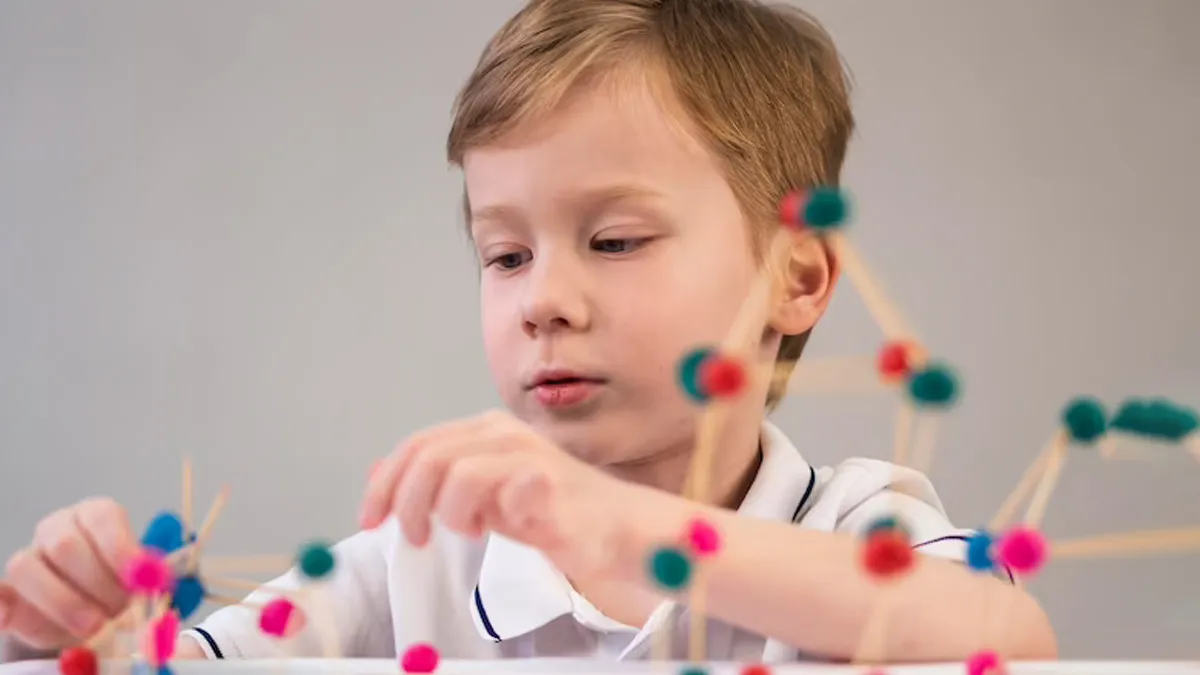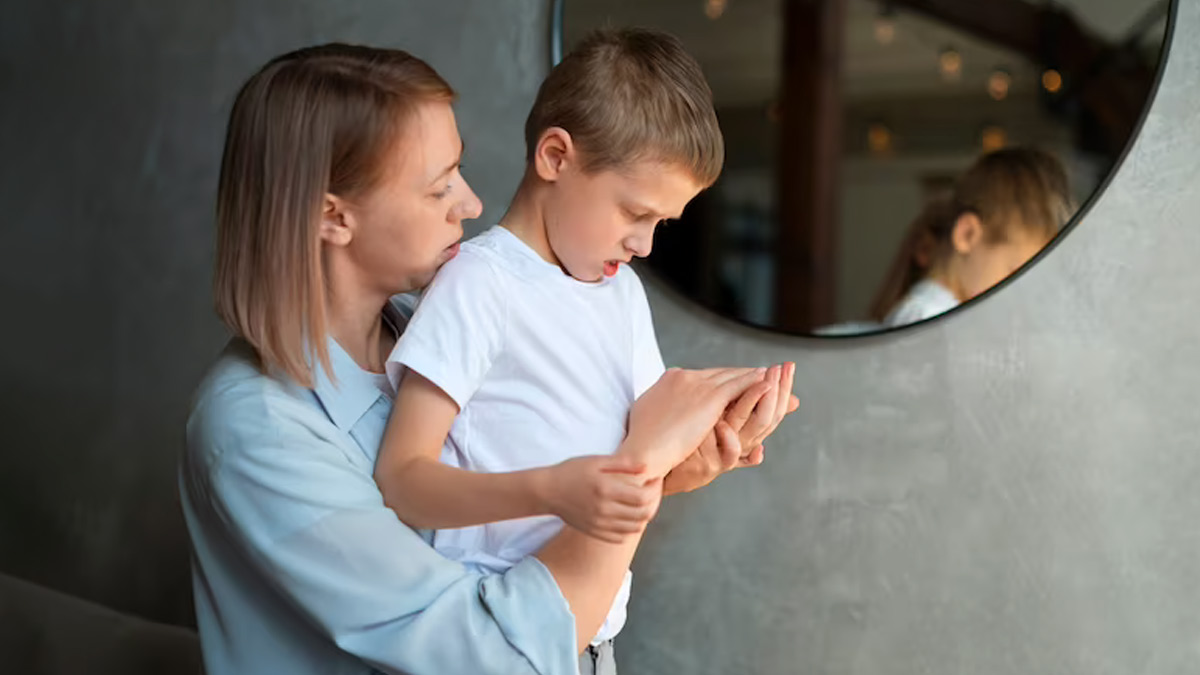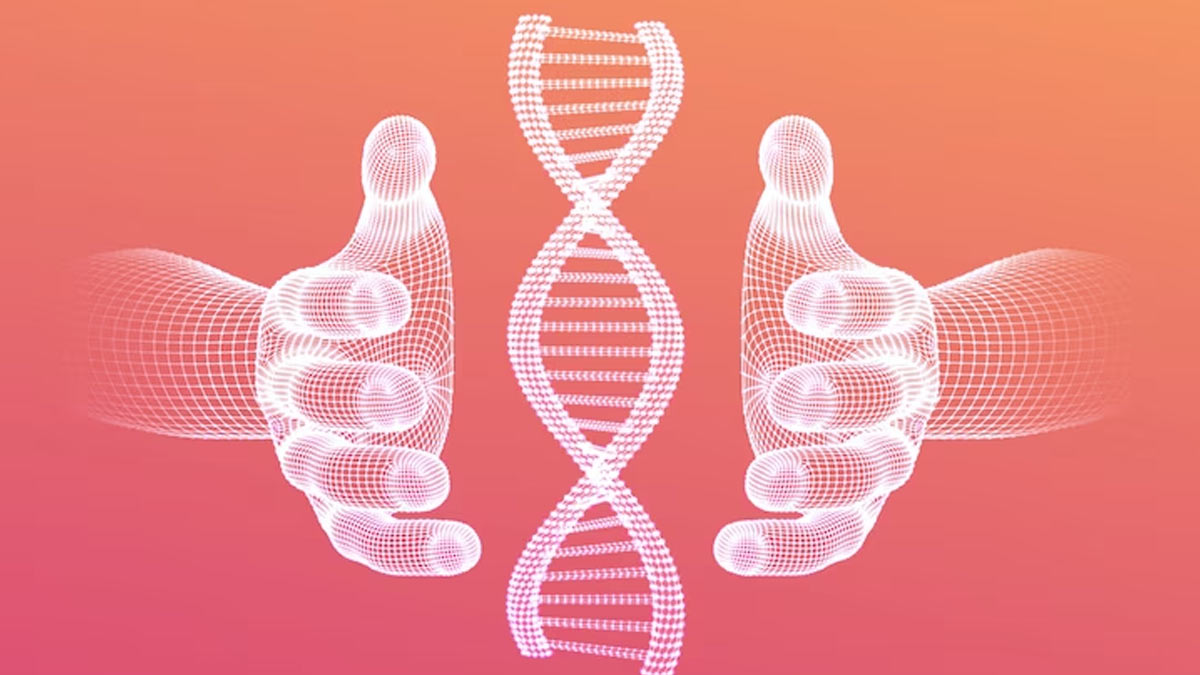
For the families affected by autism, the most haunting and important question is if autism is genetic? The response, though complicated, increasingly leans toward a strong genetic component, albeit not in the straightforward single-gene manner many might expect. For the unversed, Autism Spectrum Disorder (ASD) is a heterogeneous neurodevelopmental disorder that is marked by difficulties in social interaction and communication, and by limited and repetitive behaviors, interests, or activities. Its manifestation can range from individuals who need extensive support to those who are very independent.
Table of Content:-
In an exclusive interaction with the editorial team of Onlymyhealth, Dr Bhumesh Tyagi, Consultant, General Medicine and Physician, Shardacare, Health City, Noida, answered and explained pur concern. Read ahead to know!
Is Autism Genetic?
The notion that genetics is involved in autism is not new. Early family studies offered some of the earliest strong evidence. Researchers saw that autism ran in families. If a child in a family has autism, the chance of a sibling having ASD is much greater than in the general population.
Twin studies have been especially enlightening. Identical twins, who have virtually 100% of the same genes, have a much greater concordance rate for autism than fraternal twins, who only have around 50% of the same genes (similar to any other siblings). This dramatic disparity is strong evidence for strong genetic influence. Although not 100% (i.e., environmental influences do enter the picture), the rates are among the highest for any neurodevelopmental disorder.

Also Read: How Female Sex Hormones Affect Progression Of Eye Disease; Study
Beyond a Single Gene: The Polygenic Puzzle
Dr Tyagi highlighted that he recognise that autism is seldom the product of a mutation in a single gene. Rather, it's known to be largely polygenic, or resulting from variations across several genes contributing in concert. Hundreds of genes are now involved in autism. These are genes for a vast array of brain functions, such as:
- Synaptic function: Neurons talking to each other.
- Neuronal development and migration: Brain cells being formed and located.
- Gene expression regulation: Gene switching on and off.
Some of these genetic mutations are widespread in the population, but when put together, they combine to boost the risk of autism. Others are less common, occasionally de novo (new) mutations that arise spontaneously in a person and are not passed down from either parent.
Chromosomal Abnormalities and Copy Number Variations (CNVs)
In addition to single gene mutations, larger-scale changes in genes contribute to autism. These are:
- Chromosomal abnormalities: Larger-scale structural or numeric changes in chromosomes.
- Copy Number Variations (CNVs): Segmental duplications or deletions of DNA. These CNVs may involve many genes and significantly affect brain development. Some examples include deletions on 16p11.2, which have a strong link with ASD.

The Gene-Environment Interaction
While genes play an important part in the autism equation, it's seldom the only factor. Dr Tyagi agreed that autism is the result of a complicated interaction between genetic susceptibility and environmental influences. Environmental influences are not yet clearly defined, but studies are looking at such areas as:
- Prenatal exposures: Infections in the mother during pregnancy, the use of certain medications during pregnancy, or pregnancy complications.
- Perinatal factors: Issues related to delivery.
- Paternal age: Some research indicates higher risk with older fathers.
Bottomline
The question ‘Is autism genetic?’ is answered emphatically ‘yes,’ but with the important caveat that it's a wonderfully complex genetic tale. It's a story of many genes, sometimes in combination, sometimes popping up by themselves, and always playing off the complex weave of environmental factors that sculpt human life.
Also watch this video
How we keep this article up to date:
We work with experts and keep a close eye on the latest in health and wellness. Whenever there is a new research or helpful information, we update our articles with accurate and useful advice.
Current Version